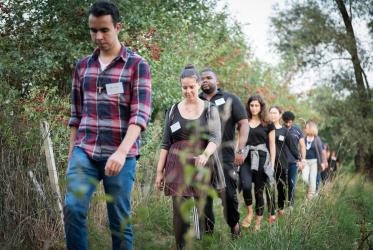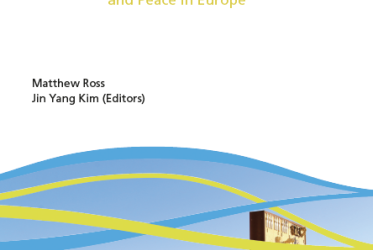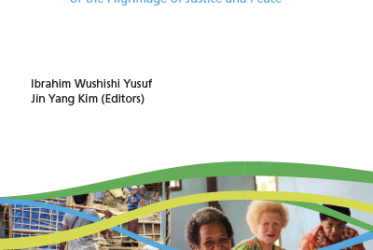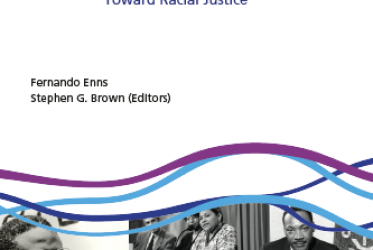Christians and their communities around the world are aware today, as never before, that life itself is in peril. So many dangers — climate change, certainly: but also poverty and economic injustice, threats to health and well-being, violence and war — endanger humanity and can drain our hope. Yet precisely for that reason, the shared faith and commitment of Christians everywhere are necessary, affirming the God of life and the resilient hope offered to us in the life, the cross, and the resurrection of Jesus Christ. Christians are called to affirm, sustain, and protect life.
This is an ecumenical calling. One God of life, one creation, one humanity call the one church of Jesus Christ to commitment and engagement wherever peace and justice are threatened or destroyed.
As an expression of the worldwide Christian fellowship, the WCC calls on churches everywhere to walk together, viewing their common life, their journey of faith, as a part of a Pilgrimage of Justice and Peace. We invite you to join together with others in celebrating life and in taking concrete steps toward transforming injustices and violence.
The invitation to pilgrimage is therefore also a summons to a way of life and a transformative spirituality of justice and peace. To encounter the vulnerable, and to find oneself in a vulnerable place and becoming vulnerable to others, is to be purged of one’s own prejudices, preoccupations, and priorities — stripped down to face God and God’s own aim for the world. It is a transformative journey, a conversion to the needs of others and the vision of God.






